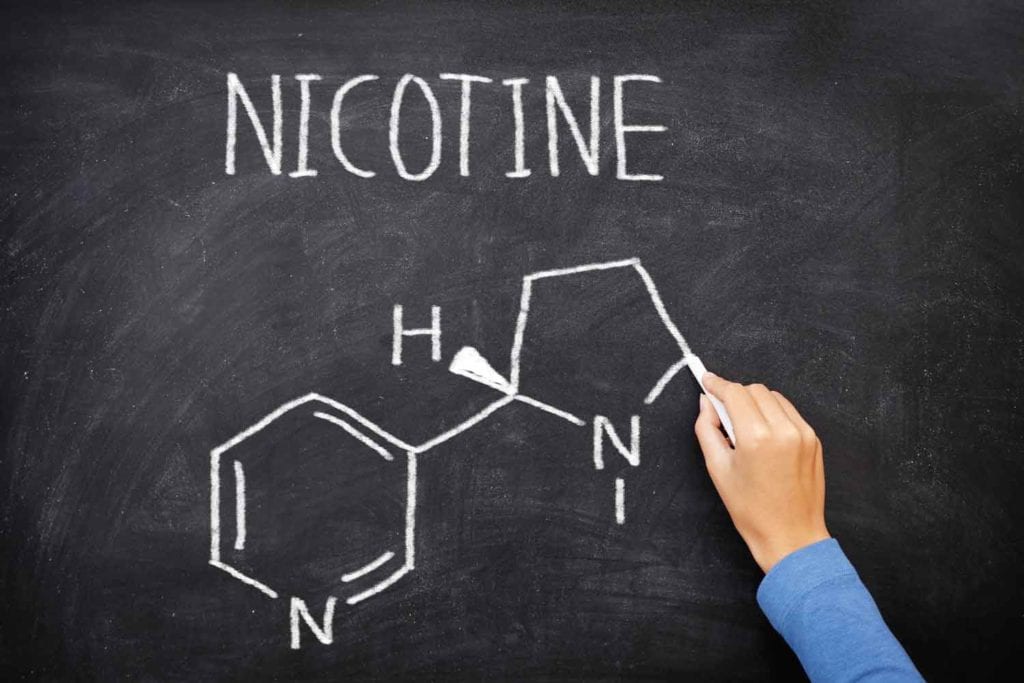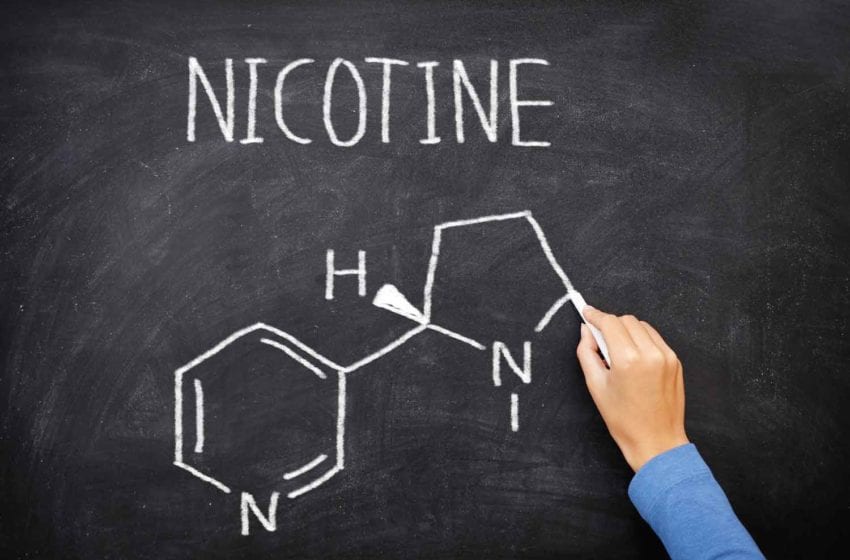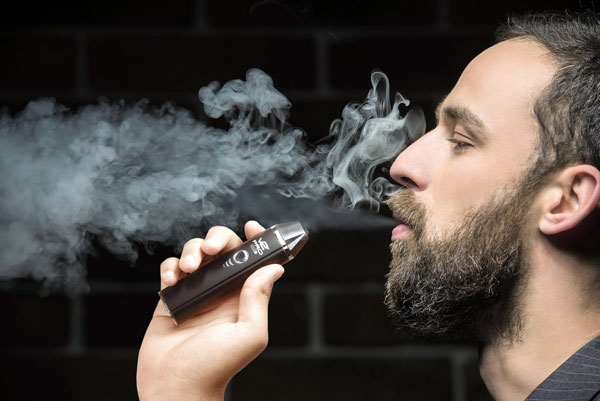
Next Generation Labs has entered an exclusive manufacturing arrangement with Dholakia Tobacco to produce synthetic non-tobacco nicotine moist white portion products for the modern oral nicotine (MON) pouch market.
Combining Next Generation Labs TFN synthetic nicotine technology with Dholokia’s expertise in the manufacturing of herbal non-tobacco smokeless portion pouch products, this new partnership offers new opportunities for alternatives to nicotine portion pouches containing tobacco-derived nicotine.
Under the terms of the agreement, Next Generation Labs and Dholakia are offering private-label development and manufacturing services to companies seeking to bring to market white portion pouch products that incorporate TFN tobacco-free synthetic nicotine in non-tobacco white portion pouch brands around the world.
“While many portion pouch brands claim to use tobacco-free nicotine, they are in fact exclusively using tobacco-derived nicotine, and are labeled and marketed with claims such as ‘tobacco-leaf free,’ ‘tobacco-dust free’ or ‘free of tobacco residuals’,” Next Generation Labs wrote in a press release.
“Almost all of these products continue to use nicotine extracted from the tobacco plant, and as such, they are not tobacco-free nicotine products,” the company wrote. “The TFN-based portion pouches made by Next Generation Labs and Dholakia can legitimately make the claim to be the only 100 percent tobacco-free nicotine pouches available to adult consumers today.”
As the global market for synthetic nicotine grows, Next Generation Labs and Dholakia anticipate significant market growth opportunities for TFN-based tobacco-free smokeless nicotine products.














